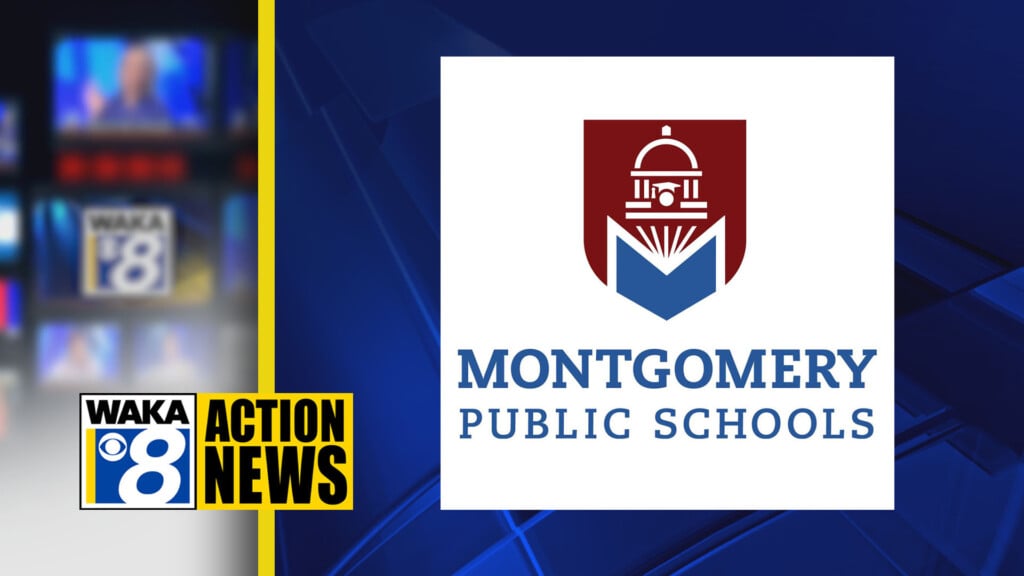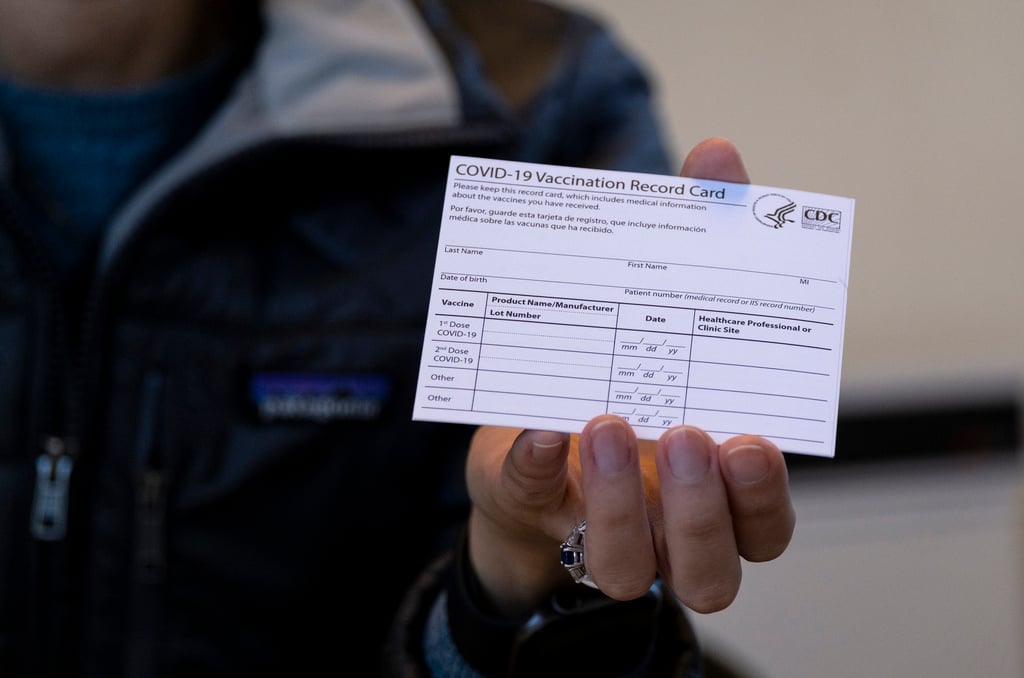U.S Department of Education Approves Alabama’s Plan for Use of American Rescue Plan Funds
 On Thursday, Aug. 12, the U.S. announced the approval of Alabama’s American Rescue Plan, Elementary and Secondary School Emergency Relief (ARP ESSER) plan and it distributed the remaining ARP ESSER funds to them.
On Thursday, Aug. 12, the U.S. announced the approval of Alabama’s American Rescue Plan, Elementary and Secondary School Emergency Relief (ARP ESSER) plan and it distributed the remaining ARP ESSER funds to them.
Alabama’s plan explains how the state is using and plans to use ARP ESSER funds to safely reopen and sustain the safe operation of schools while expanding opportunities for students who need it most, particularly those most impacted by the COVID-19 pandemic.
Alabama is receiving $2 billion total in ARP ESSER funds, and the approval of their plan will result in the release of the final $674 million.
State Superintendent of Education, Dr. Eric G. Mackey, released the following statement, “We’re delighted to see that our plan has been approved. This allows our schools and districts to address the academic impact of lost instructional time as well as mitigate other impacts of the pandemic. Our goal is to emerge stronger and better, ensuring every child has every chance, every day.”
The ARP ESSER state plans that were approved by the Department on Thursday, show how states including Alabama are using federal pandemic resources to support safe in-person instruction and meet the social, emotional, mental health, and academic needs of students—students who were most impacted by the pandemic will be the main focus.
The following are examples of how these students will be supported:
Safely Reopening Schools and Sustaining Safe Operations: Partnerships between school districts and county health department officials have included screenings and vaccinations to eligible school community members. The Alabama State Department of Education (ALSDE) has used federal relief funds for salaries or wages for healthcare professionals or aides to provide COVID-19 response and mitigation services in schools.
Addressing the Academic Impact of Lost Instructional Time: ALSDE will use ARP ESSER funds in 2021 to support LEAs to address students most impacted by the pandemic via summer reading camps for grades K-3. The summer reading camps will provide direct, explicit, and systematic reading intervention services and supports to improve any identified area of reading deficiency. At a minimum, 70 hours of scientifically based reading instruction and intervention must take place.
Supporting Students and Educator’s Social, Emotional, and Mental Health Needs: To support improved mental health and social-emotional needs, ALSDE will further prioritize comprehensive wraparound services within a multi-tiered support system. ALSDE will continue to provide detailed guidance to districts for utilizing federal funds to increase student access to key support staff and expand grant funding to districts. These funds will support the hiring and supplies of key support staff including nurses, school counselors, school social workers, school psychologists, and other support professionals.
The Top Priorities within Alabama’s Plan include :
• Accelerating learning, particularly for students in grades K-3 to address the academic impact of
lost instructional time
• Increasing learning opportunities, particularly for students most impacted by the pandemic
• Addressing mental health and social-emotional needs
Highlights of Alabama’s Plan Include:
• Returning to In-Person Learning in 2021: The state expects all schools to operate in-person in
the 2021-2022 school year.
• Safely Reopening Schools and Sustaining Safe Operations: Partnerships between school
districts and county health department officials have included screenings and vaccinations to
eligible school community members. The Alabama State Department of Education (ALSDE) has
used federal relief funds for salaries or wages for healthcare professionals or aides to provide
COVID-19 response and mitigation services in schools.
• Addressing the Academic Impact of Lost Instructional Time: ALSDE will use ARP ESSER
funds in 2021 to support LEAs to address students most impacted by the pandemic via Summer
Reading Camps for grades K-3. The Summer Reading Camps will provide direct, explicit, and
systematic reading intervention services and supports to improve any identified area of reading
deficiency. At a minimum, 70 hours of scientifically based reading instruction and intervention
must take place.
• Supporting Students’ and Educators Social, Emotional, and Mental Health Needs: To
support improved mental health and social-emotional needs, ALSDE will further prioritize
comprehensive wraparound services within a multi-tiered support system (MTSS). ALSDE will
continue to provide detailed guidance to districts for utilizing federal funds to increase student
access to key support staff and expand grant funding to districts. These funds will support the
hiring and supplies of key support staff including nurses, school counselors, school social
workers, school psychologists, and other support professionals.
In addition to the actions the Biden Administration has taken to reopen schools, the President has proposed critical investments through his Build Back Better agenda that will allow schools to rebuild stronger than they were before the pandemic, such as investing billions to build a diverse educator workforce, expand access to pre-K to all families, and invest in school infrastructure, among other provisions.






